Jorge Mario Bergoglio, who took the Papal name Francicus (Latin) and Francis (English) took his journey to eternal life, leaving behind a legacy of a papacy marked with love, mercy, compassion, brotherhood and guiding the Roman Catholic Church according to Gospel values in difficult times.
Though his papacy was remarkable in many regards four concerns stand out as outstanding.
From the Margins to the Margin
When he was elected as Pope on 13th March in 2013, he addressed the people saying "The Cardinals have gone to the end of the world to get the Bishop of Rome" (that is Pope). He is a pope from the margins, near Buenos Aires, Argentina. He took the name Francis, Saint of Poverty, and went to the margins of the world and brought the believers to the centre. He spoke and wrote about the marginalized, and the poor who suffer because of consumerism and inordinate exploitation of the nature. He appointed women as full members of dicasteries (Vatican Administration), washed the feet of prisoners, including women on Maundy Thursday enacting the humble service of Jesus just a few days before his death. He travelled to the peripheries of global south to countries such as Bangladesh, Sri Lanka, and Papua New Guinea to meet the poor and affirm that they are the centre of the Church.
Refusing to move to the Papal palace, he lived a simple life in the Domus Sanctae Marthae a guest house where he was accommodated when he was elected as Pope.
A Laughing Pope, a Pope of Joy
He was seen always with a smiling face and tried to infuse the virtues of joy, love, care and fraternity in Christian life. He titled many of his writings and encyclicals to the Church and documents to the society in these lines: Evangelii Gaudium (2013), Laudato Si' (Care for the Common Home, the Planet), Amoris Laetitia (Pastoral Care of the Families), Gaudete et Exsultate (Rejoice and be glad, 2018), Calling the religions and others to serve with joy. The third encyclical Fratelli Tutti (All are Brothers and Sisters) was on fraternity and social friendship, calling for human fraternity, solidarity and plea to reject war. Till the end of his life, he opposed war be it in Gaza or Ukraine etc. He signed a document on Human Fraternity for world peace and living together on his apostolic journey to the United Arab Emirates, co-signed by Grand Imam of Al-Azhar, Ahmad Al-Tayyeb.
The Pilgrim of Hope
He, all through his papacy, instilled hope to the members of Church, priests, religious, youth, the suffering and the marginalised. The jubilee year of 2025 was marked as 'Pilgrims of Hope'. His own autobiography is titled Hope. His writings will always give encouragement on how to live Christian life without giving to despair and hopelessness.
The Synodal Journey of the Church
The Catholic Church that used to be Pyramidal in its structure before the Second Vatican Council (1962-65) was transformed to a communitarian model of ‘People of God’. Pope Francis brought the Synodal process in the Church, dedicating many Synods of Bishops on various topics for the pastoral care of the Catholics such as family, youth etc. The last concluded Synod, extending from October 2022 to October 2024, was on Synodality. The process of Synod was marked by listening to the Christians, even those who are not happy about the Catholic Church and away from it. It was a ‘bottom to top approach’ and not ‘top to bottom’ one. Though it was synod of Bishops, laity, women and youth were part of it and even voted in it. It had different phases such as Diocesan phase, Continental phase and Universal phase.
Conclusion
No doubt, though 13 years of Papacy is short comparing to that of John Paul II, Pope Francis led and guided the Catholic Church in the right path, taking along with him the laity, youth, women, immigrants and including people in the peripheries of the Church and Society. He was a voice against Consumerism, exploitation, war, and inequality.
His legacy that he has left behind in the Catholic Church is great and his papacy will be remembered in history of papacy as a simple, smiling and loving one, keeping the poor and the marginalized at the centre.
Dr. Antony John Baptist is the director of National Biblical Catechetical and Liturgical Centre (NBCLC), Bangalore
Become a member
Get the latest news right in your inbox. We never spam!

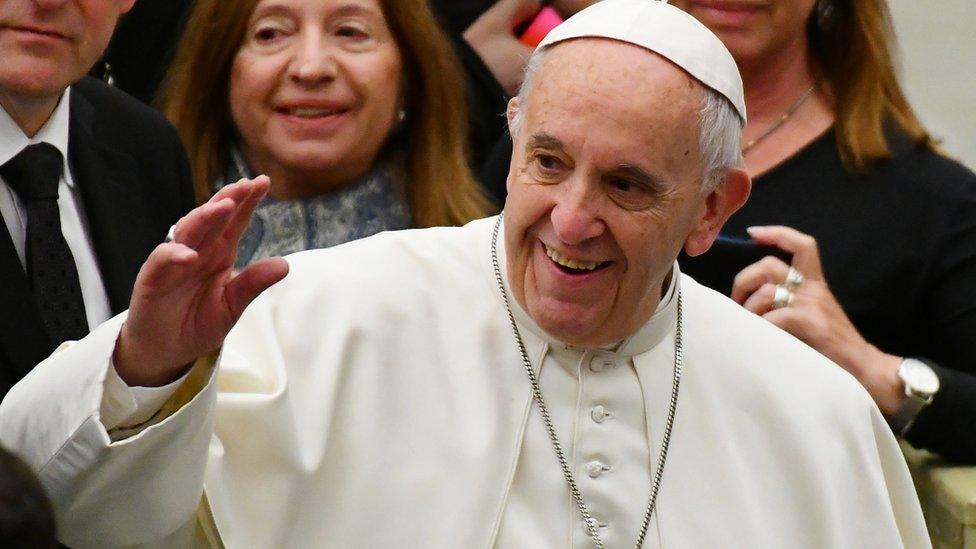
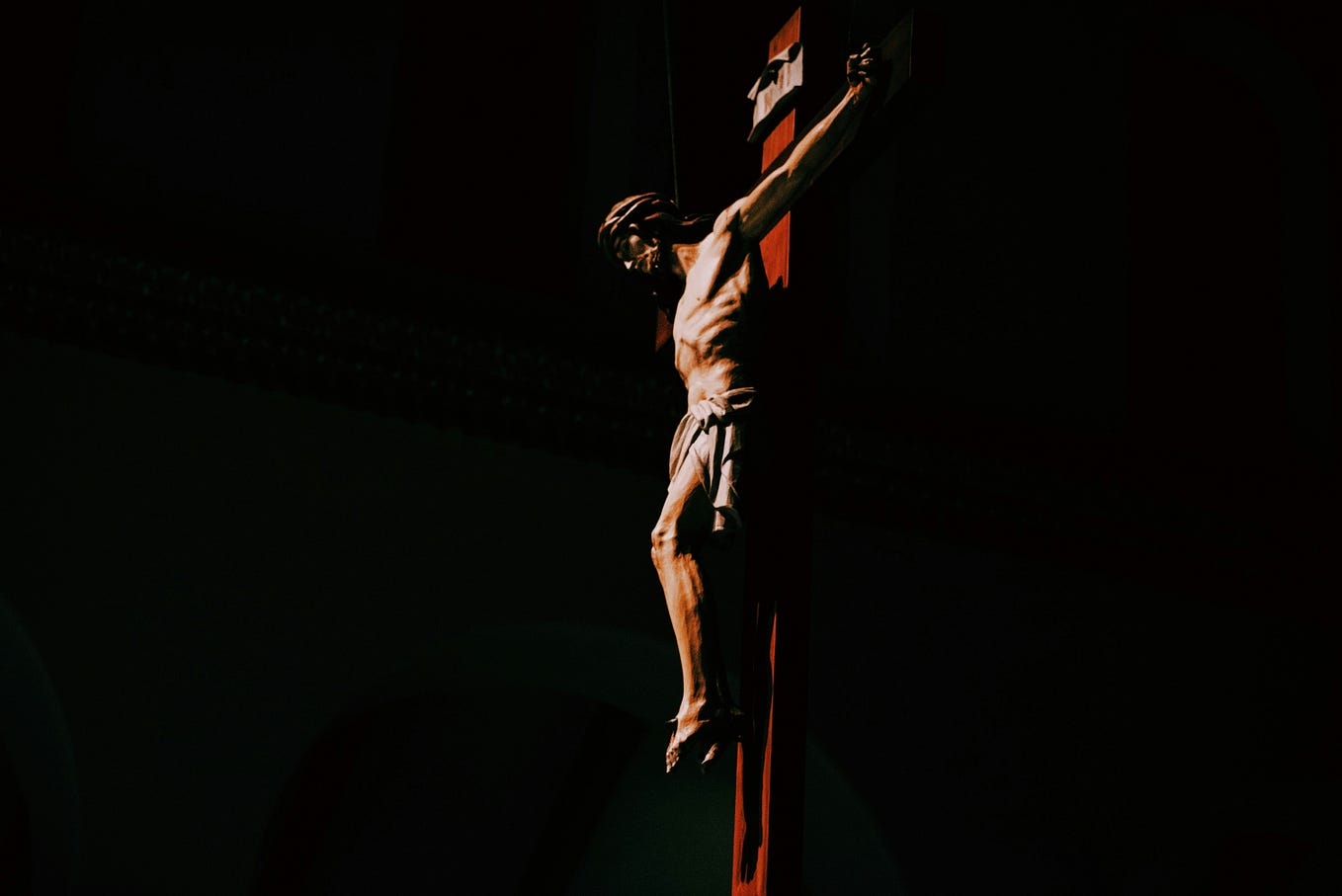
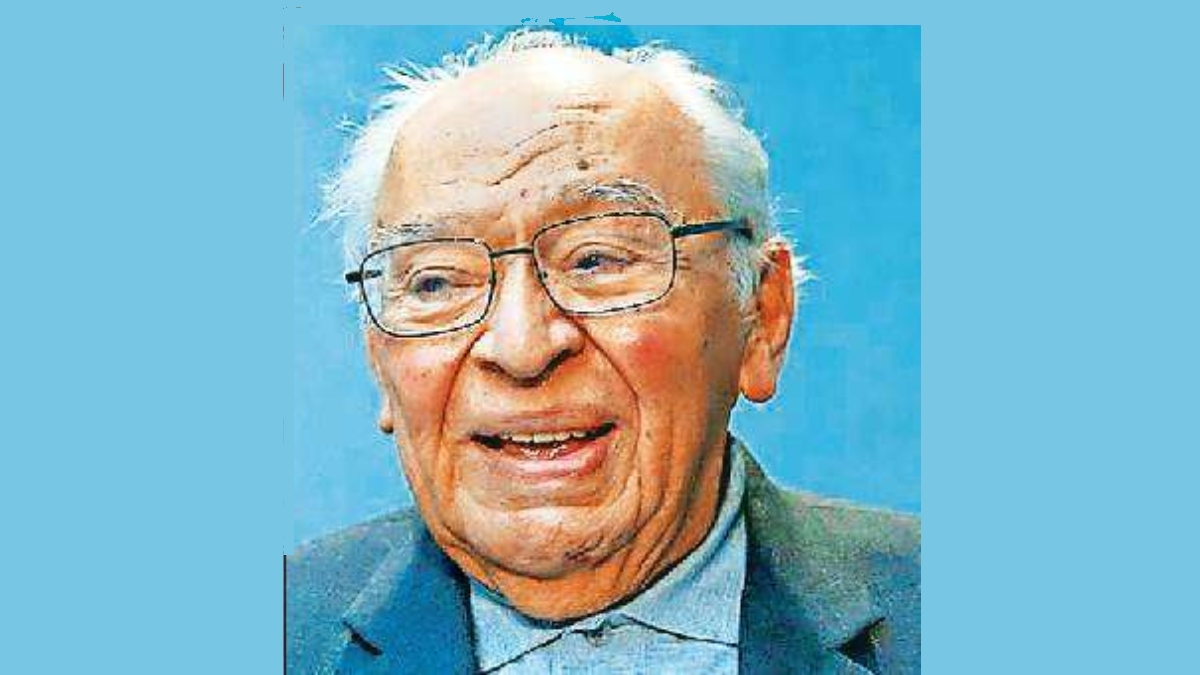
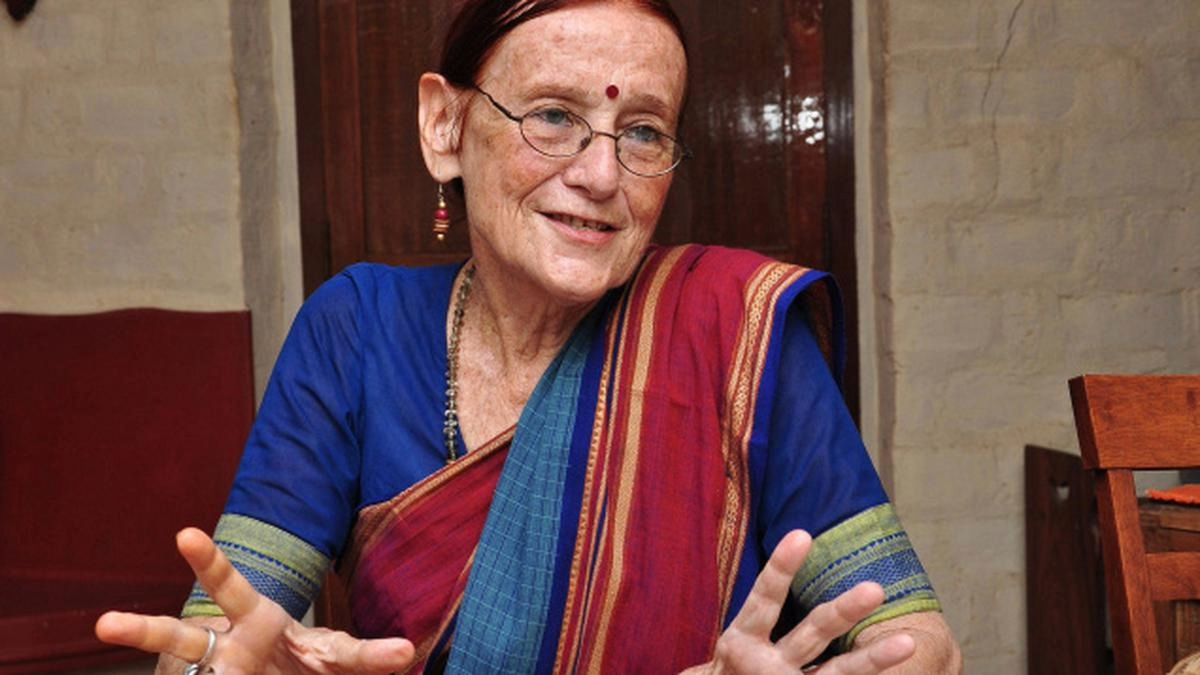
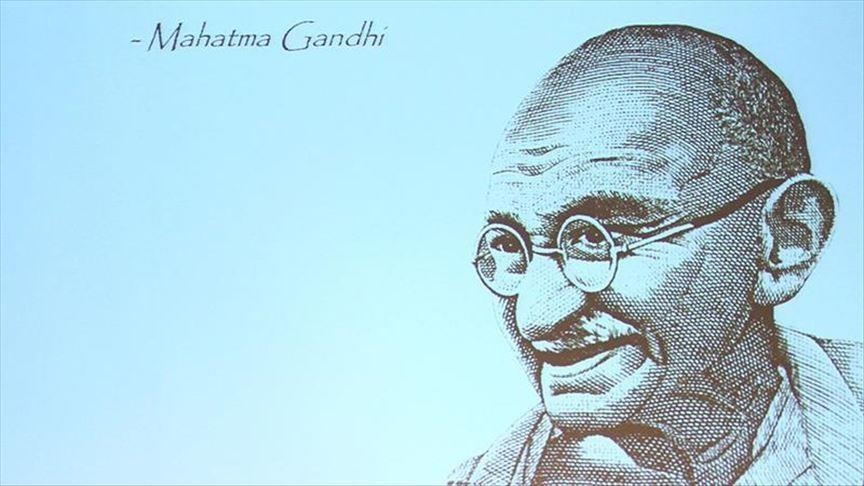
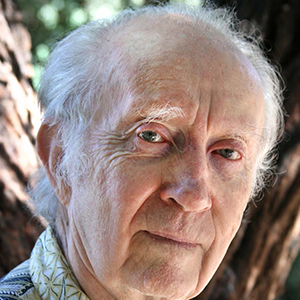

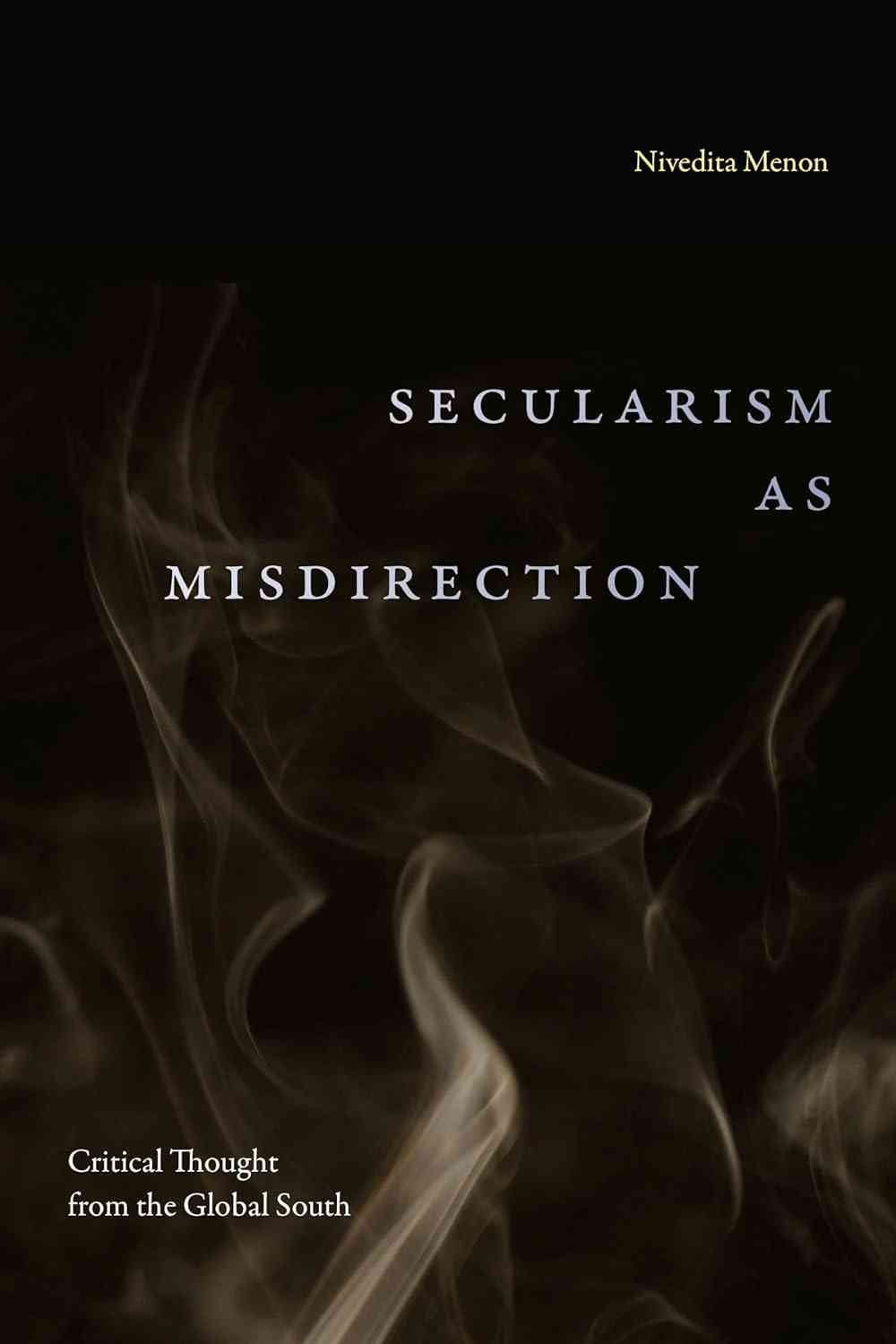

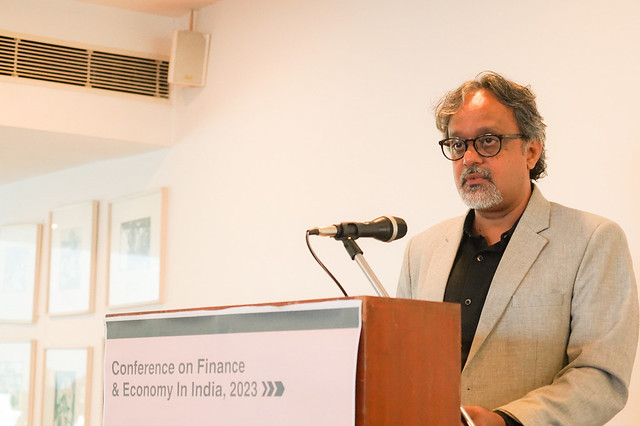

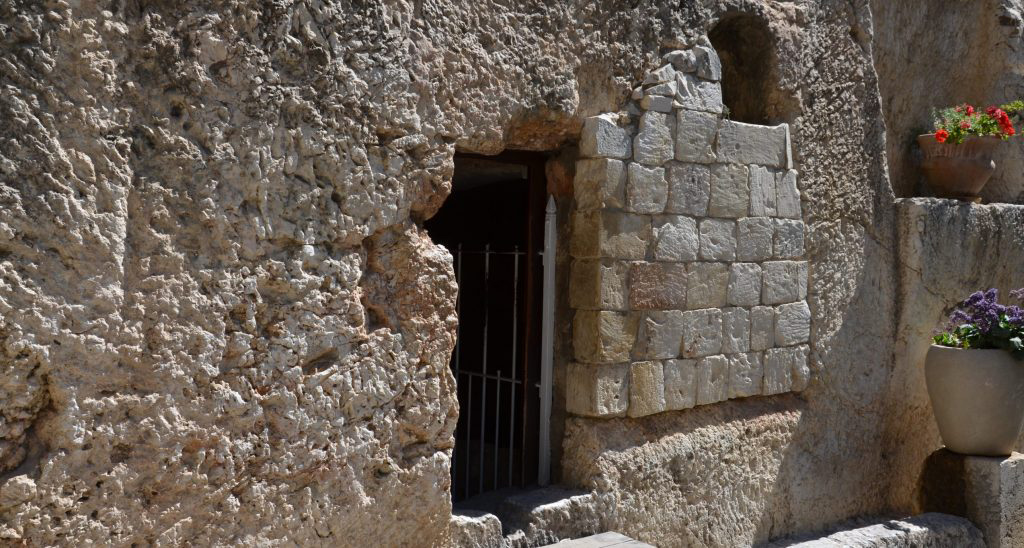
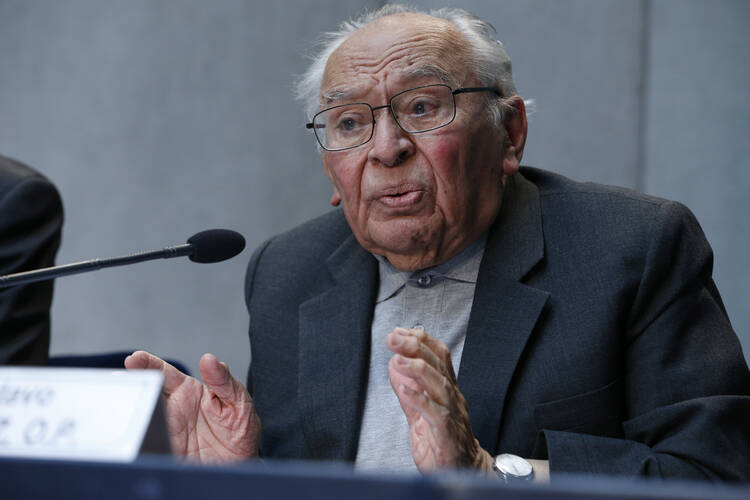
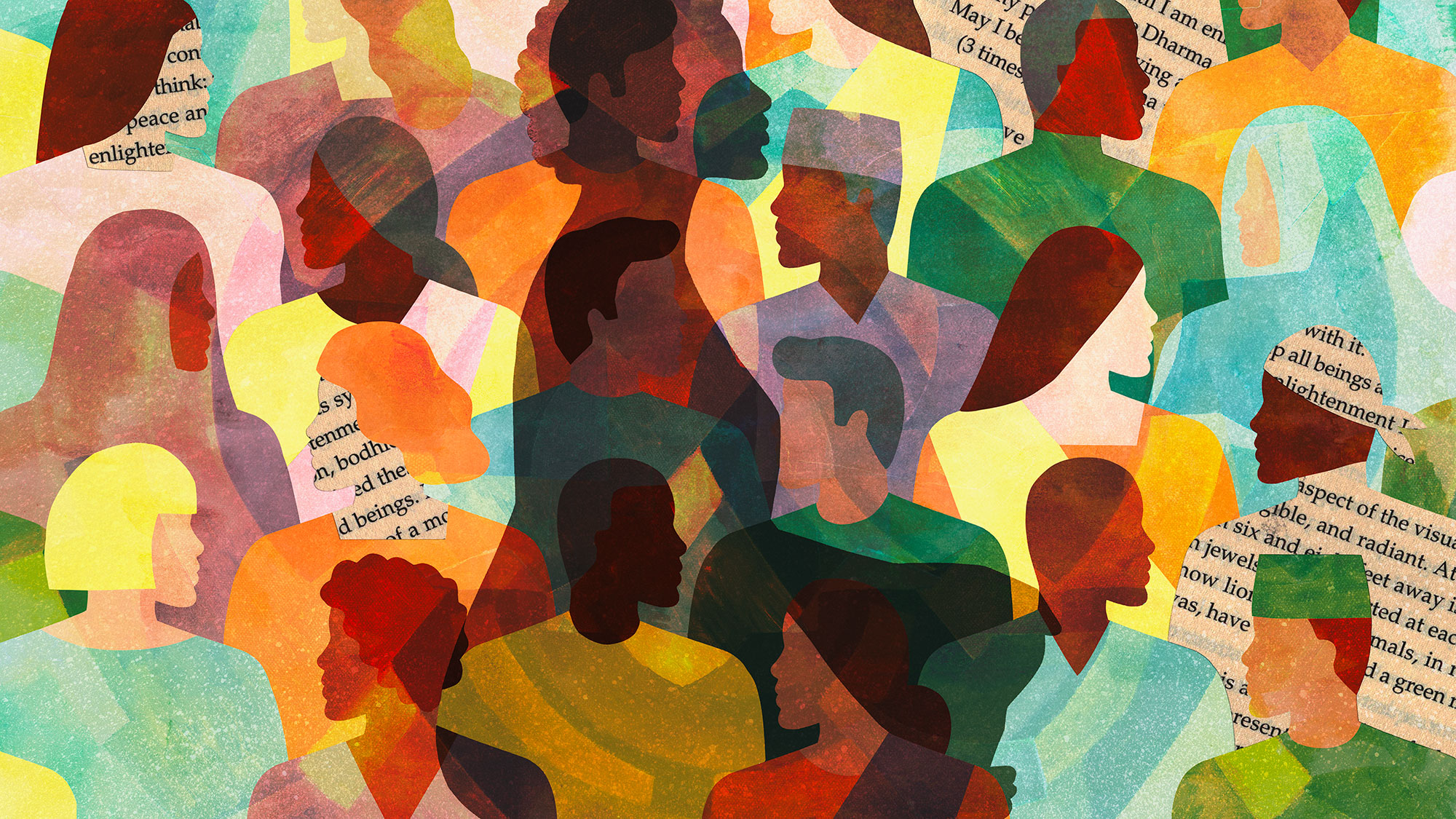
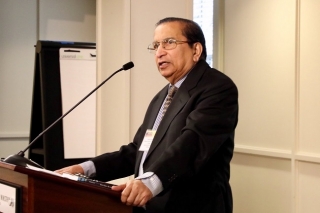
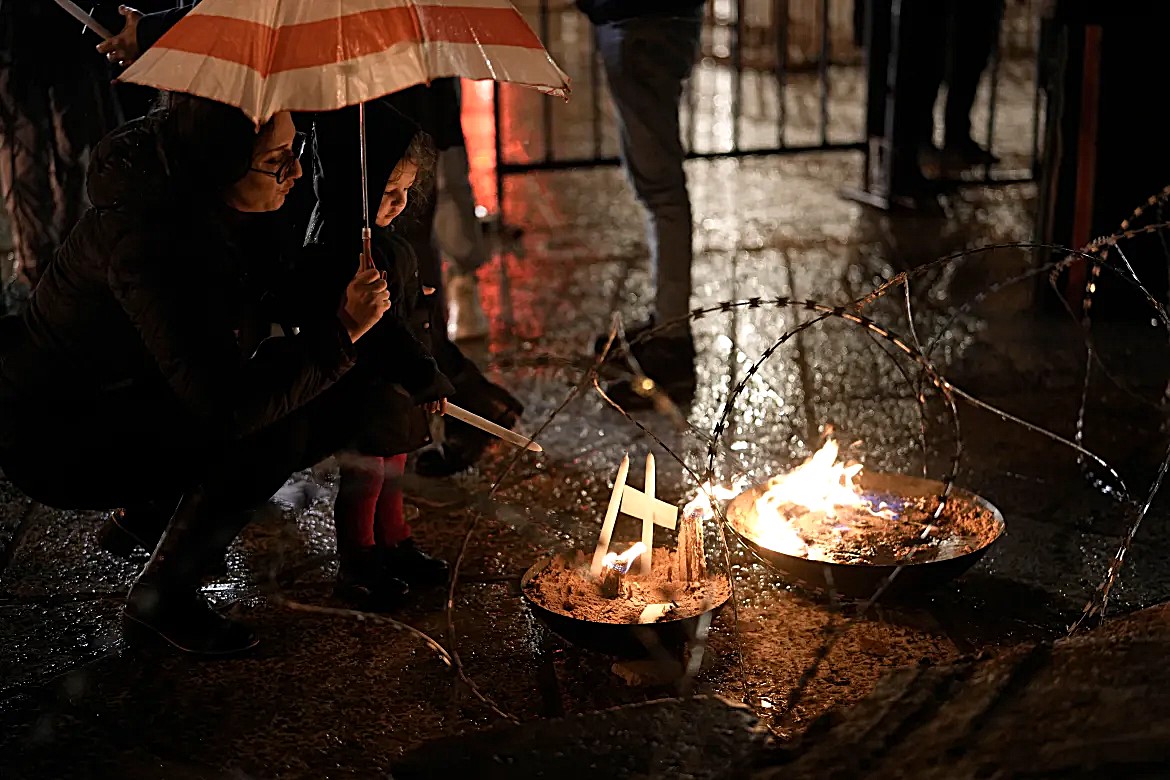
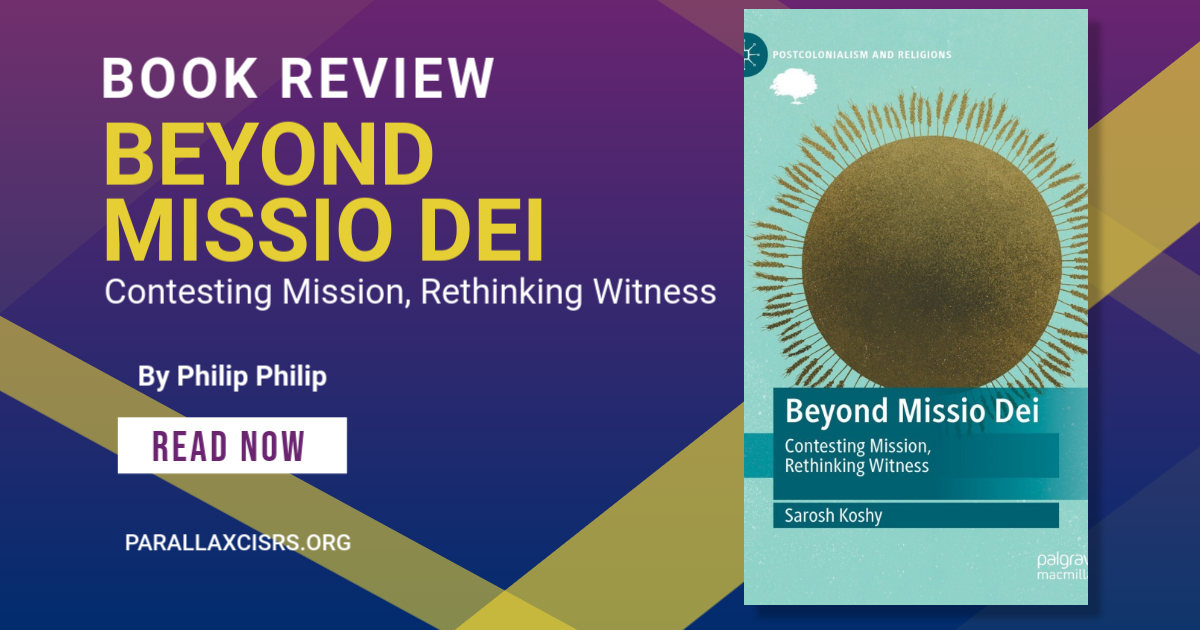

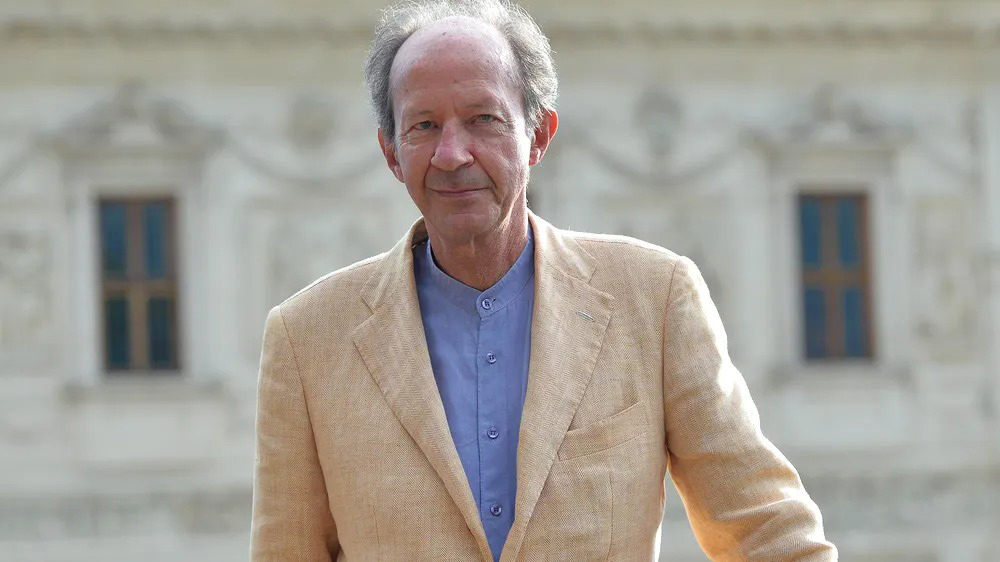
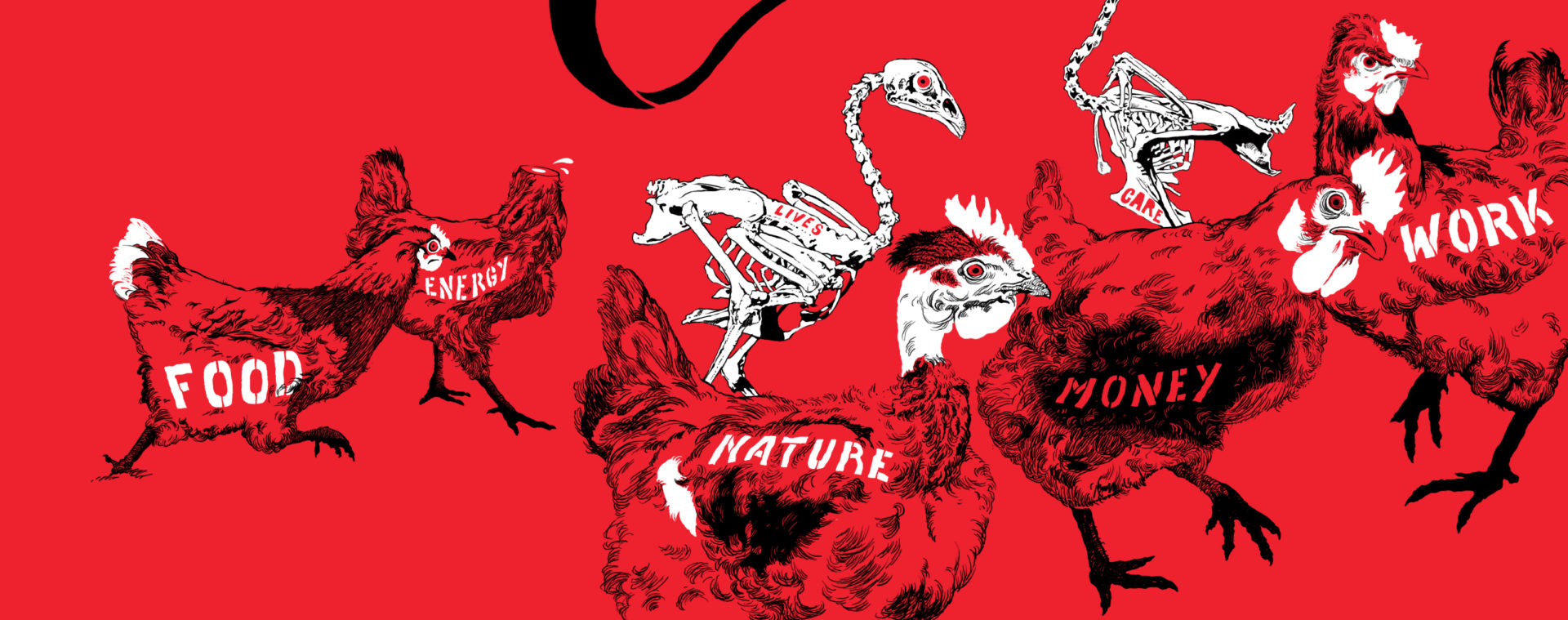
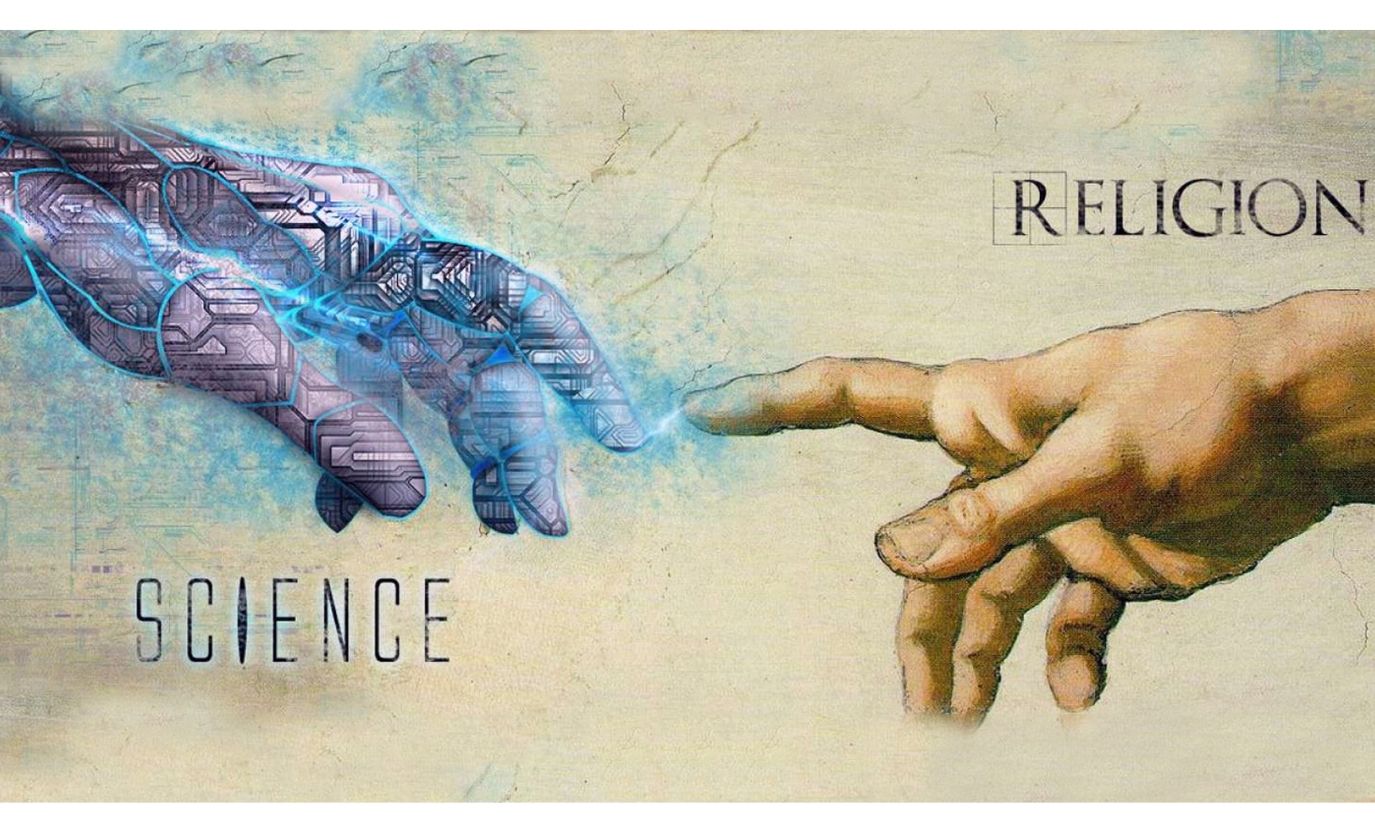
Comments
No Comments